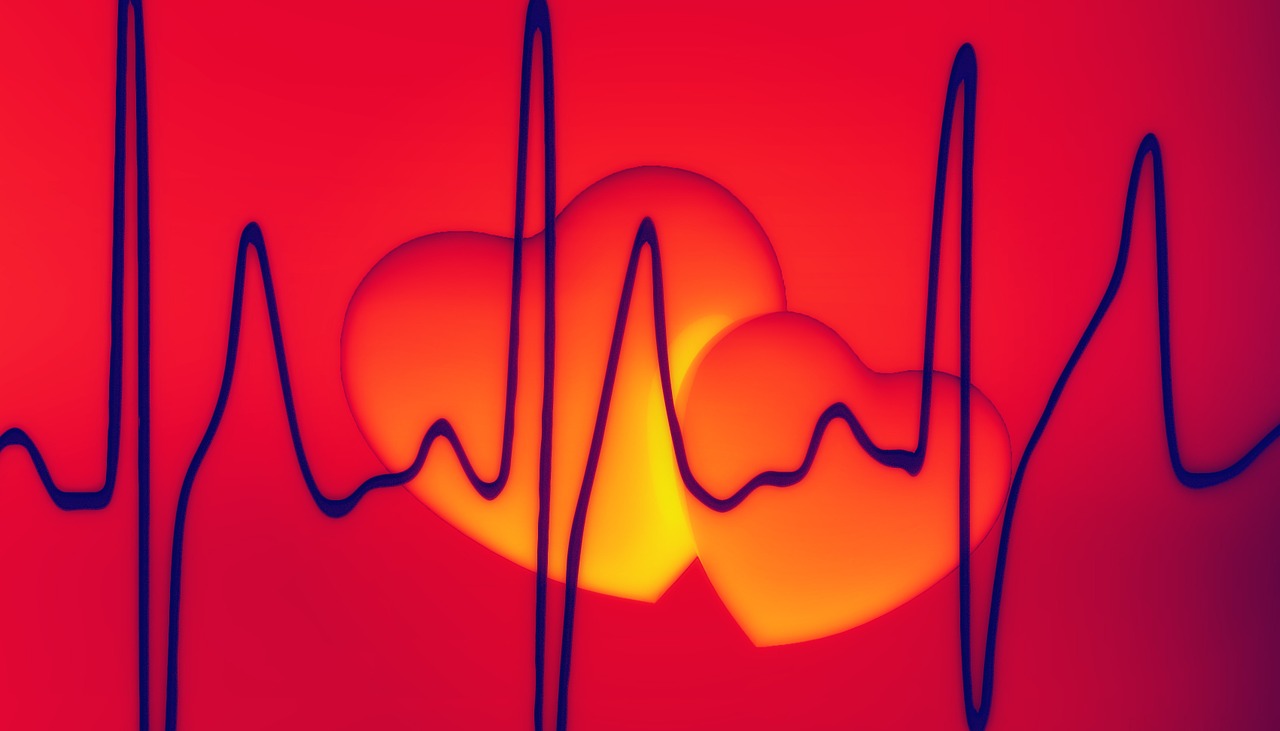Welcome to an enlightening article on hypertension! In this informative piece, you will learn all about hypertension – what it is, how it affects your health, and what you can do to manage it. Get ready to uncover the facts and myths surrounding this common condition so that you can take control of your health and well-being. Let’s dive in and explore the world of hypertension together! What Is Hypertension?
Have you ever wondered what hypertension is?
If you’re curious about this common condition, you’ve come to the right place. In this article, we will explore what hypertension is, its causes, symptoms, risk factors, and treatment options. So, sit back, relax, and let’s dive into the world of hypertension together.
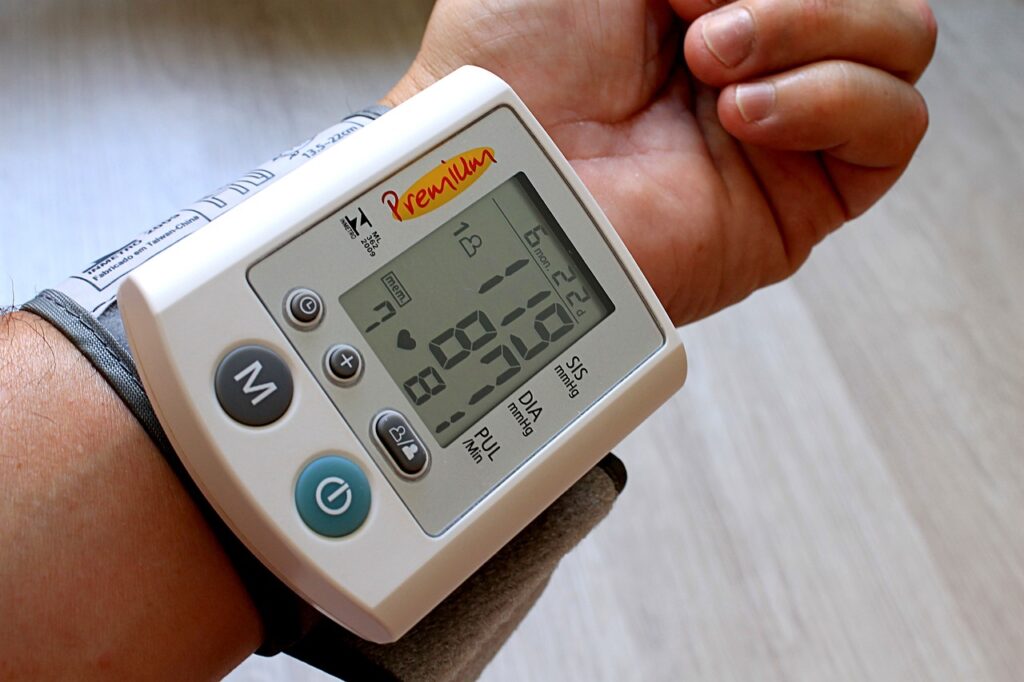
Understanding Hypertension
Hypertension, also known as high blood pressure, is a condition in which the force of blood against the walls of your arteries is consistently too high. This can lead to serious health problems such as heart disease, stroke, and kidney disease if left untreated.
So, what exactly causes hypertension?
There are two types of hypertension: primary (essential) hypertension and secondary hypertension. Primary hypertension is the most common type and has no identifiable cause. Secondary hypertension, on the other hand, is caused by an underlying condition such as kidney disease, thyroid problems, or certain medications.
Signs and Symptoms of Hypertension
Now that you understand what hypertension is, let’s take a look at some of the signs and symptoms you should be aware of.
What are some common signs and symptoms of hypertension?
Some people with hypertension may not experience any symptoms at all, which is why it’s often referred to as the “silent killer.” However, if you do have symptoms, they may include headaches, shortness of breath, nosebleeds, and chest pain.

Risk Factors for Hypertension
Certain factors can increase your risk of developing hypertension.
So, what are some common risk factors for hypertension?
Some common risk factors for hypertension include age, family history, obesity, lack of physical activity, poor diet, excessive alcohol consumption, and smoking. It’s important to be aware of these factors and take steps to reduce your risk of developing hypertension.
Diagnosing Hypertension
If you suspect you may have hypertension, it’s important to see a healthcare provider for a proper diagnosis.
How is hypertension diagnosed?
Hypertension is typically diagnosed using a blood pressure cuff, which measures the pressure in your arteries. Your healthcare provider may also recommend additional tests such as blood tests, urine tests, an electrocardiogram (ECG), or an echocardiogram to determine if there is any damage to your heart or blood vessels.
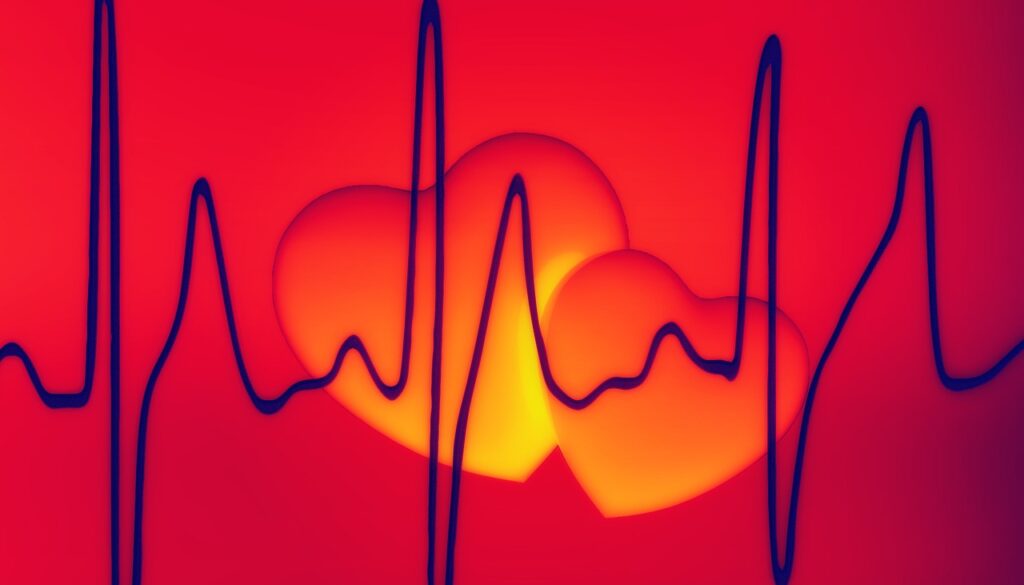
Treatment Options for Hypertension
Once you have been diagnosed with hypertension, your healthcare provider will work with you to develop a treatment plan.
What are some common treatment options for hypertension?
Treatment for hypertension may include lifestyle changes such as adopting a healthy diet, exercising regularly, maintaining a healthy weight, reducing stress, and limiting alcohol consumption. In some cases, medication may also be prescribed to help lower your blood pressure.
Lifestyle Changes to Manage Hypertension
Making lifestyle changes can have a significant impact on your blood pressure levels.
What are some lifestyle changes you can make to manage hypertension?
Some lifestyle changes you can make to manage hypertension include:
- Eating a healthy diet rich in fruits, vegetables, whole grains, and lean proteins
- Exercising regularly to help lower your blood pressure
- Maintaining a healthy weight to reduce strain on your heart
- Limiting your alcohol consumption to help lower your blood pressure
- Managing stress through relaxation techniques such as deep breathing, meditation, or yoga
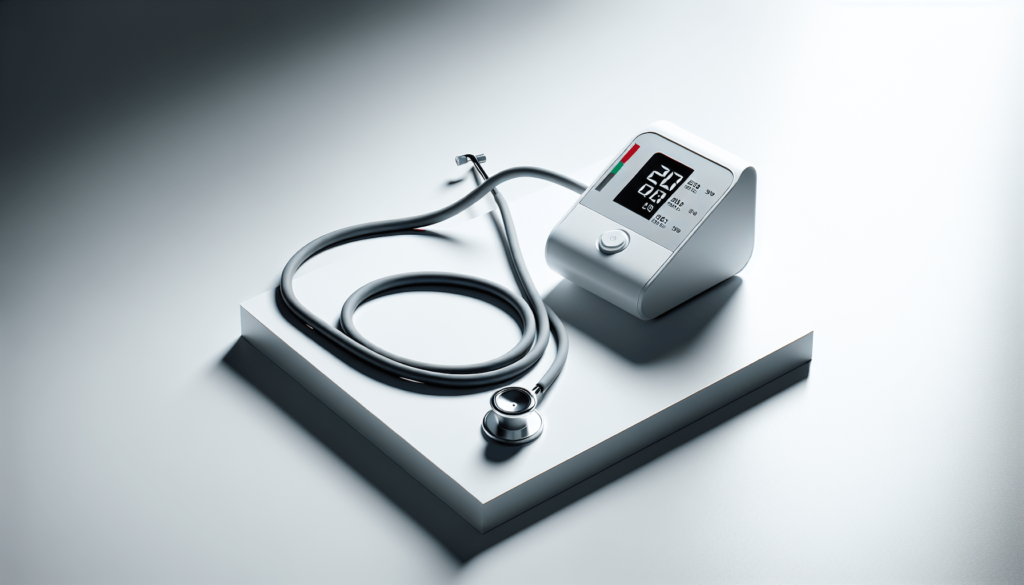
Medication for Hypertension
In some cases, lifestyle changes may not be enough to control your blood pressure, and medication may be necessary.
What are some common medications used to treat hypertension?
There are several types of medications that can help lower your blood pressure, including diuretics, beta-blockers, ACE inhibitors, angiotensin II receptor blockers, calcium channel blockers, and alpha-blockers. Your healthcare provider will work with you to determine the best medication for your specific situation.
Monitoring Your Blood Pressure
It’s important to monitor your blood pressure regularly to ensure it stays within a healthy range.
How often should you monitor your blood pressure?
Your healthcare provider will recommend how often you should monitor your blood pressure based on your individual situation. In general, it’s a good idea to check your blood pressure at home on a regular basis and keep track of the results. This can help you and your healthcare provider determine if your treatment plan is working effectively.
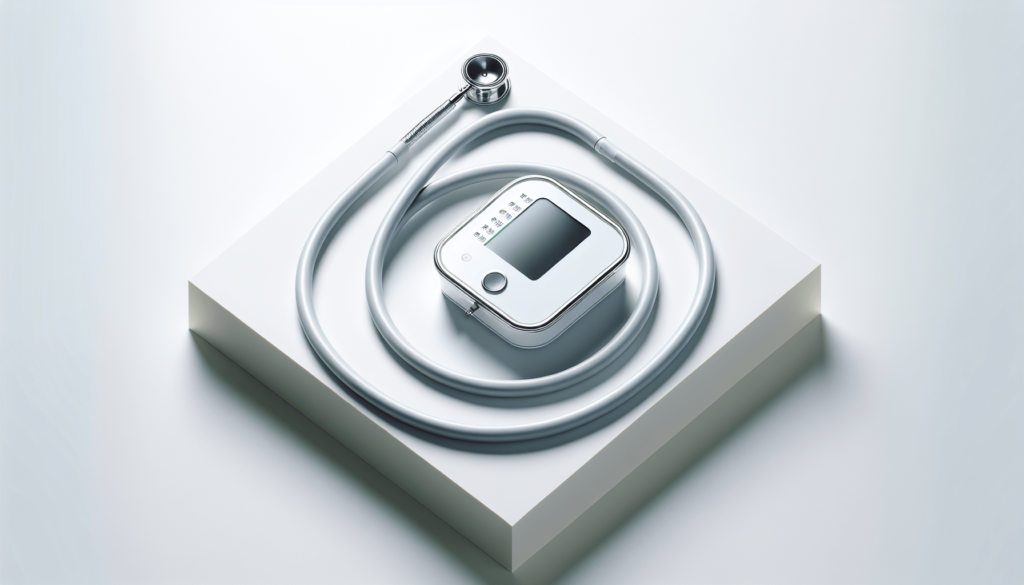
Complications of Untreated Hypertension
If hypertension is left untreated, it can lead to serious health complications.
What are some complications of untreated hypertension?
Some complications of untreated hypertension include heart disease, heart attack, stroke, kidney disease, peripheral artery disease, and vision loss. It’s important to take hypertension seriously and work with your healthcare provider to manage it effectively.
Conclusion
Now that you have a better understanding of what hypertension is, its causes, symptoms, risk factors, and treatment options, you can take proactive steps to manage your blood pressure and reduce your risk of developing complications. Remember, hypertension is a manageable condition, and with the right lifestyle changes and treatment plan, you can keep your blood pressure under control. If you have any concerns about your blood pressure, don’t hesitate to reach out to your healthcare provider for guidance and support. Stay healthy and take care of yourself!

